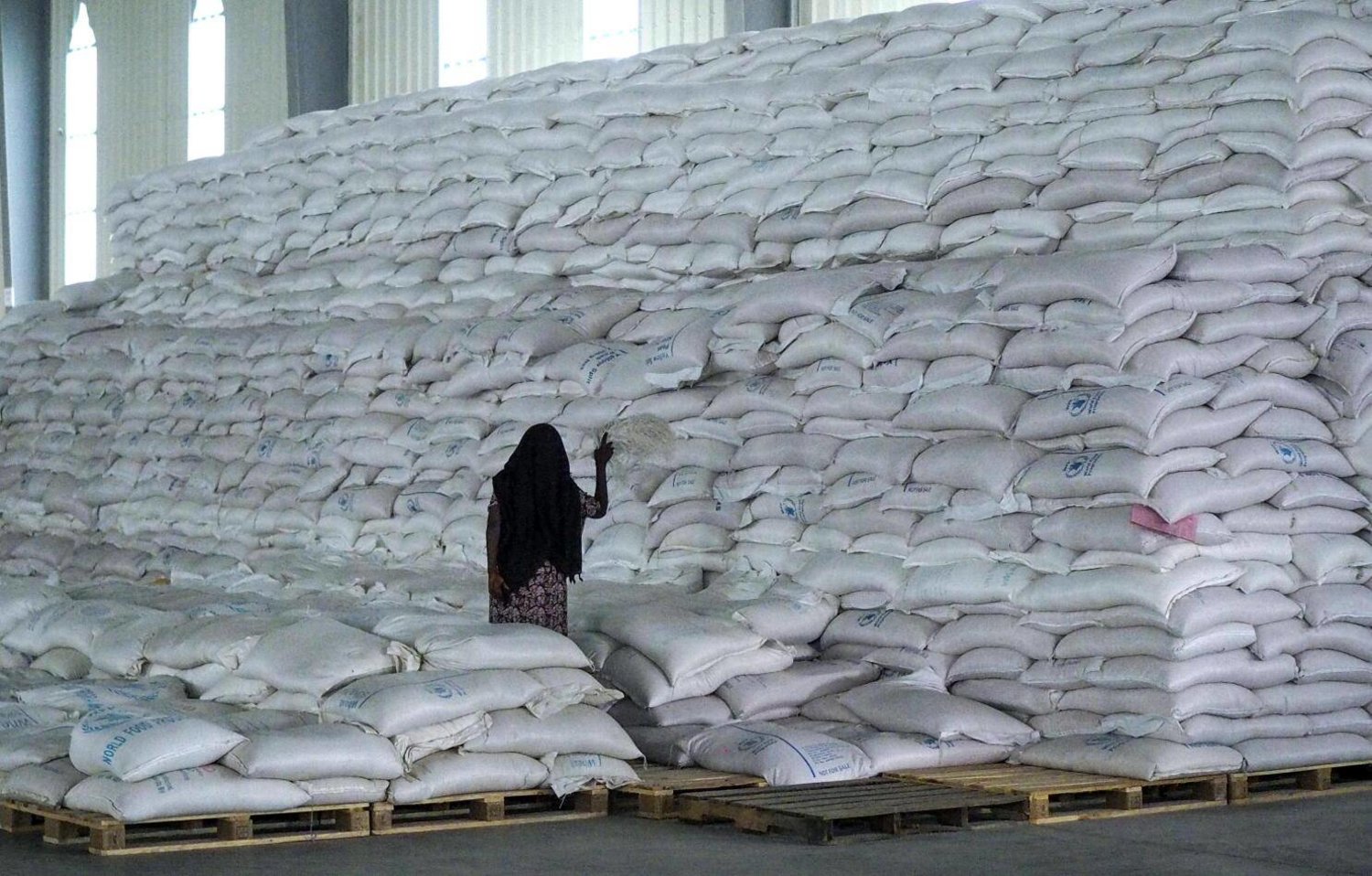The United Nations is currently facing a severe “funding crisis,” leading to the unfortunate necessity of reducing food aid and cash payments to millions of people in numerous countries.
Karl Skau, the deputy executive director of the World Food Program, has revealed that out of the 86 countries they operate in, at least 38 have already undergone cuts in aid or have plans to do so in the near future. Among the countries affected are Afghanistan, Syria, Yemen, and in West Africa.
To meet the operational needs for delivering aid to all those in need, the program requires a substantial sum of $20 billion. However, it has only been able to secure between $10 billion and $14 billion in funding in recent years, which falls short of the target. This year, the agency has managed to secure approximately $5 billion, only half of what is necessary.
Despite the challenging circumstances, the World Food Program remains determined to work towards achieving the funding required to support those in dire need. The situation highlights the urgency and importance of addressing this crisis to ensure that vulnerable populations receive the necessary assistance to overcome hardships and hunger.
“Gradual reduction”
In March, the World Food Programme (WFP) faced a distressing situation, being compelled to reduce food rations from 75 percent to 50 percent for vulnerable communities in Afghanistan, where hunger levels reached emergency proportions.
In May, the WFP was confronted with further hardships, being forced to cut food assistance for 8 million people, leaving them with help for only 5 million individuals.
Syria, another country deeply reliant on the World Food Programme for sustenance, had already been receiving 50 percent rations, supporting around 5.5 million people. However, in July, the agency had to discontinue food rations entirely for 2.5 million Syrians.
The Palestinian territories also experienced a setback, as the WFP reduced its cash assistance by 20 percent in May and June, affecting those who heavily depend on the program’s support.
Yemen faced an immense funding gap that would inevitably result in aid cuts for seven million people in August, further exacerbating the dire situation.
This year, the world is grappling with the most severe food and nutrition crisis in history, with approximately 345 million people suffering from acute food insecurity, and the risk of worsening hunger looms over hundreds of millions more.
The root causes of acute hunger worldwide are primarily driven by conflict and insecurity. However, UN official Skau emphasized that climate change, ongoing disasters, persistent food price inflation, and mounting debt pressures have also contributed to the crisis.
To tackle the challenges ahead, the WFP is working on diversifying its funding sources and has called upon its traditional donors to intensify advocacy during these extraordinarily difficult times.
On the eighteenth of July, the World Food Program was compelled to announce inevitable further cuts in food assistance to refugees in Jordan due to a lack of funding. This unfortunate development means a reduction of a third in the value of monthly assistance for all 119,000 Syrian refugees in the Zaatari and Azraq camps.
Refugees in the camps face limited sources of income, with only 30 percent of adults engaged in work, mostly in temporary or seasonal jobs. Consequently, cash assistance remains the sole income source for 57 percent of camp residents.
This article was translated and edited by The Syrian Observer. The Syrian Observer has not verified the content of this story. Responsibility for the information and views set out in this article lies entirely with the author.


